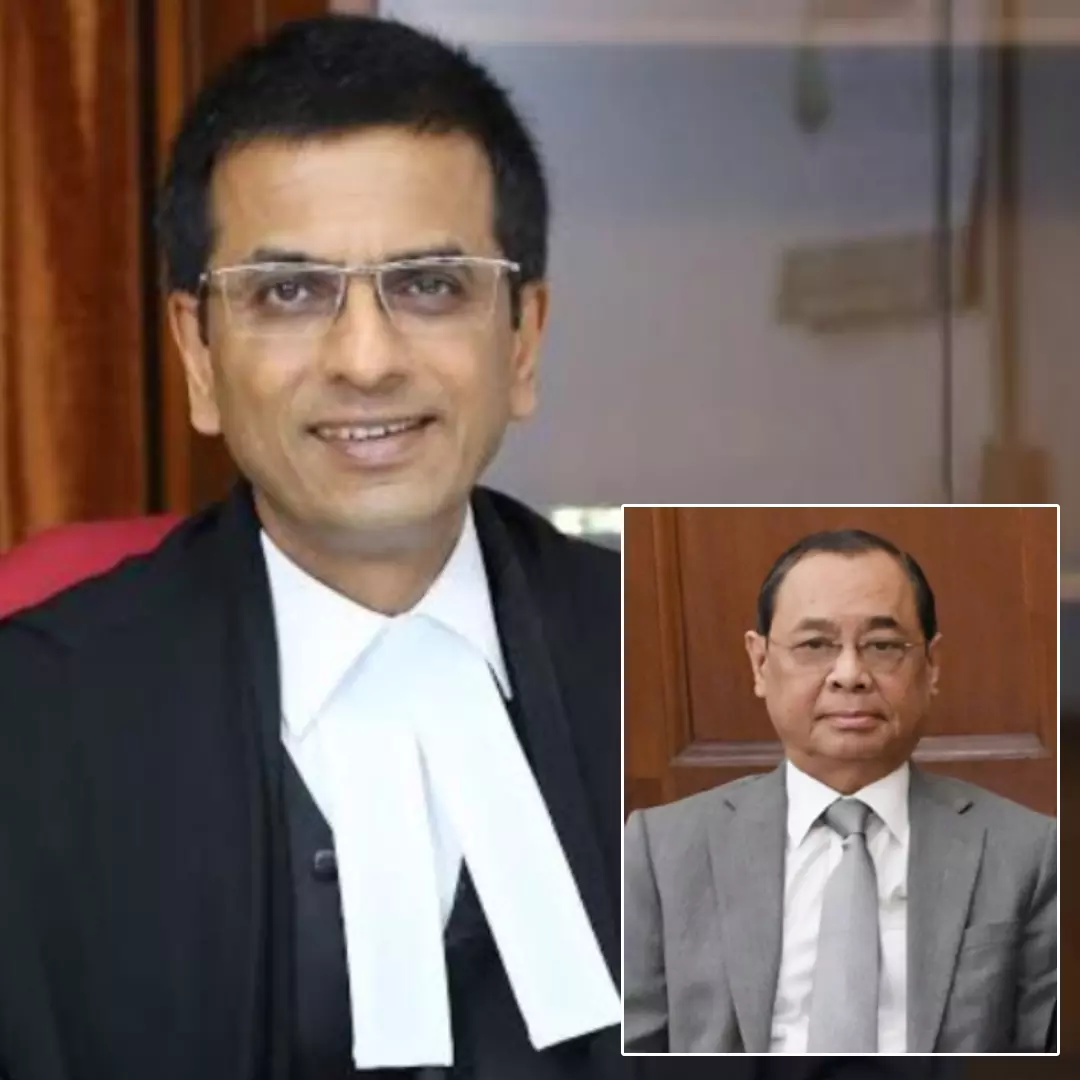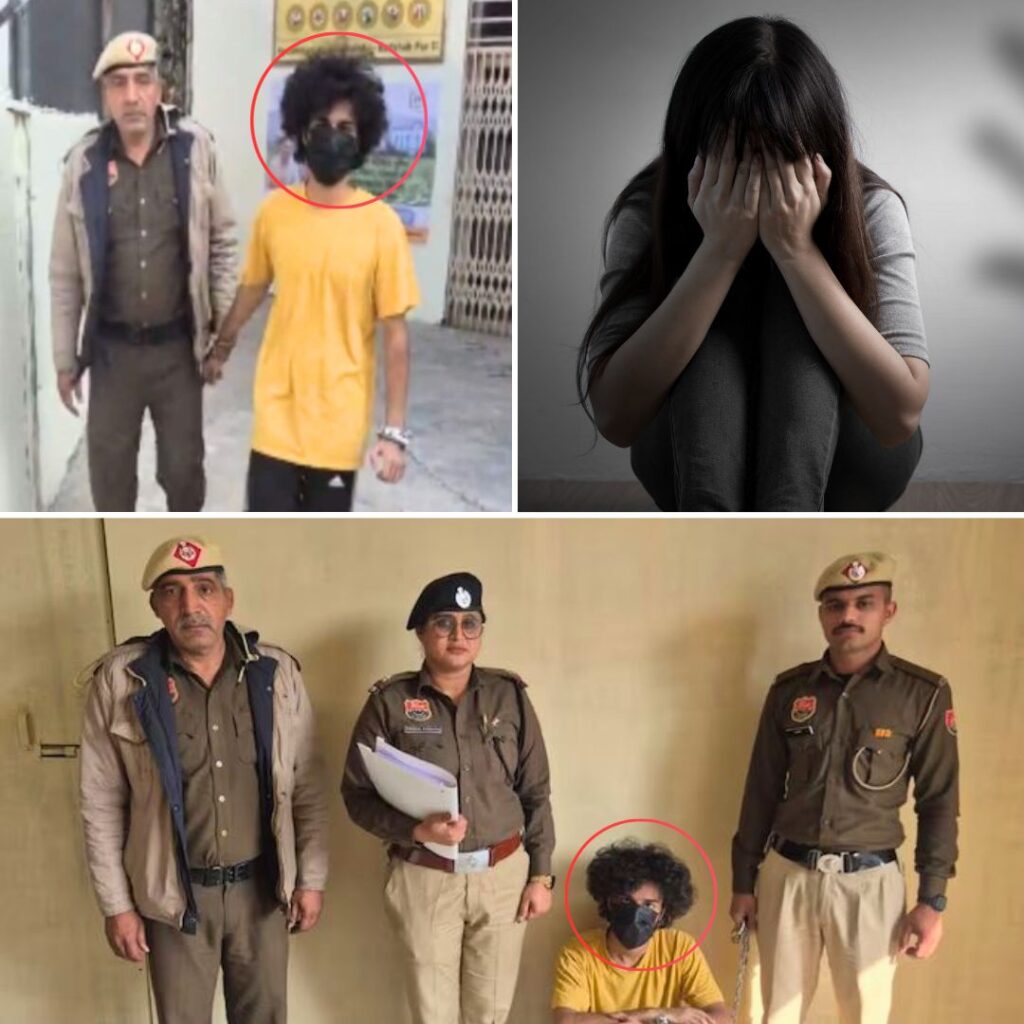During the proceedings of a constitution bench in the Supreme Court on Tuesday, senior advocate Kapil Sibal introduced a statement made by former Chief Justice of India (CJI) Ranjan Gogoi that cast doubt on the fundamental structure doctrine. The context was the ongoing debate over petitions challenging the revocation of Article 370.
Sibal raised the point, stating, “One of your esteemed colleagues has said that in fact the basic structure theory is also doubtful.” He was making this submission before a bench comprising Chief Justice DY Chandrachud and Justices Sanjay Kishan Kaul, Sanjiv Khanna, BR Gavai, and Surya Kant.
Chief Justice Chandrachud responded to Sibal’s reference by clarifying, “Sibal, when you refer to a colleague, you have to refer to a sitting colleague. Once we cease to be judges, their opinions are not binding facts or diktats but rather personal expressions.”
Solicitor General Tushar Mehta, who was representing the Central government, also intervened in the discussion, adding, “Parliament does not discuss what happens in court, and the court does not discuss what happens in Parliament. Everyone has the freedom of speech and expression.”
The exchange underscores the significance of the fundamental structure doctrine, a judicial principle in Indian constitutional law that asserts certain key principles and features of the Constitution cannot be altered or amended. The concept was established by the Supreme Court itself, and its interpretation has been subject to ongoing legal and academic discussions.
“Debatable Jurisprudential Basis”
During a debate in the Rajya Sabha on the Delhi Services Bill, former Chief Justice of India (CJI) Ranjan Gogoi, who is now a nominated member of the Rajya Sabha, made a statement challenging the foundational concept of the basic structure of the Constitution. He expressed his view that the basic structure doctrine, which places limits on Parliament’s authority to modify core tenets of the Constitution, possesses a “debatable jurisprudential basis.” This statement was delivered on Monday during the debate, as per a report in News18.
Gogoi emphasized that while a law might not align with his personal preferences, it does not necessarily render it arbitrary. He questioned whether a particular law violates the fundamental features of the Constitution. He then referenced a book by former Solicitor-General of India, Andhyarujina, which analyzes the landmark Kesavananda Bharati case. Based on his reading of the book, Gogoi asserted that, in his opinion, the doctrine of the basic structure of the Constitution has a contentious and debatable basis in jurisprudence. He chose not to elaborate further on this matter.
The doctrine of the basic structure, established by the Supreme Court, compels the judiciary to assess and constrain the Parliament’s authority to amend foundational aspects of the Constitution. It has been invoked by Gogoi himself during his tenure as a judge in significant legal cases.
Gogoi’s remarks highlight the nuanced nature of constitutional interpretation and legal discourse, particularly when it involves complex doctrines such as the basic structure, which has far-reaching implications for the balance of power between different branchesAdvocate Kapil Sibal, representing the petitioners challenging the abrogation of Article 370, commenced his submission by referring to a speech delivered by Union Home Minister Amit Shah in 2019 when the abrogation was being introduced in Parliament. Sibal underscored the significance of Shah’s speech in relation to subsequent presidential notifications, highlighting that the matter goes beyond mere interpretation and involves the superseding of certain provisions.
Hearing On Article 370
Four years after the repealing of Article 370, the constitutional validity of the government’s move is been challenged by a slew of petitions in the Supreme Court
Sibal raised a crucial query: whether the Union of India could legitimately terminate a constitutional relationship that had been recognized within the framework of the Indian Constitution. Chief Justice DY Chandrachud responded to Sibal’s query, pondering if the proceedings of the Constituent Assembly would reflect a reaffirmation of the arrangement established under Article 370 as a long-term commitment.
Sibal affirmed this perspective with a “Yes,” prompting the Chief Justice to elaborate further, reported News18. The Chief Justice presented two potential approaches to address the situation: first, considering that Article 370, despite being placed in Part XXI, was never intended to be a temporary provision; second, contemplating that while it was initially temporary, its placement in Part XXI was a measure pending the decision of the Constituent Assembly of Jammu and Kashmir, which might have required parliamentary intervention to transform it into a permanent provision.
Sibal concurred with this analysis and underscored that if the assumption is that Article 370 is amendable, then the Constitution must provide a framework to address the matter conclusively.
Also Read: ‘Public Outcry Won’t Affect Judicial Decisions’: SC On Bilkis Bano Case
https://thelogicalindian.com/h-upload/2023/08/09/500x300_232832-web-37-2.webp
Trending
2023-08-09 12:02:46.0
‘Ex-Judge’s Statements Are Opinions’: CJI Chandrachud On Ranjan Gogoi Remarks











